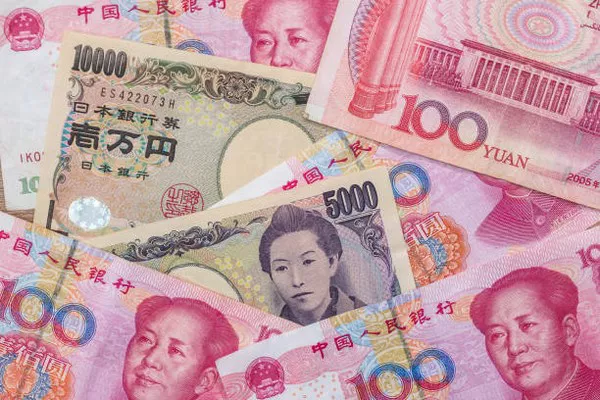The valuation of the Chinese yuan (CNY) has been a subject of intense debate among economists, policymakers, and market participants. As China has become a global economic powerhouse, questions about the fairness of the yuan’s value have taken center stage. This article aims to explore whether the Chinese yuan is undervalued or overvalued, examining key factors that influence its valuation and the implications for the global economy.
Historical Context:
Understanding the historical context of the Chinese yuan’s valuation is crucial in assessing its current standing. For many years, China maintained a fixed exchange rate system, pegging the yuan to the U.S. dollar. This policy was criticized by some as an attempt to keep the yuan undervalued, giving Chinese exports a competitive advantage in international markets. However, in 2005, China introduced a managed floating exchange rate system, allowing the yuan to fluctuate within a narrow band against a basket of currencies.
Factors Influencing Valuation:
Trade Surplus:
One of the key factors influencing the valuation of the Chinese yuan is the country’s persistent trade surplus. Critics argue that China intentionally keeps its currency undervalued to maintain an edge in exports, making Chinese goods more affordable for foreign buyers. A trade surplus, combined with an undervalued yuan, can create economic imbalances, affecting global trade dynamics.
Foreign Exchange Reserves:
China holds substantial foreign exchange reserves, primarily denominated in U.S. dollars. This accumulation has been seen by some as an effort to prevent the yuan from appreciating too rapidly. By intervening in currency markets, China aims to maintain a competitive edge in export markets, contributing to the perception that the yuan may be undervalued.
Economic Fundamentals:
The valuation of any currency is influenced by a nation’s economic fundamentals. China’s rapid economic growth, industrialization, and technological advancements have attracted foreign investment and contributed to the strength of the yuan. However, concerns about debt levels, economic imbalances, and the sustainability of growth may impact perceptions of the yuan’s true value.
Government Intervention:
The Chinese government plays a significant role in managing the yuan’s valuation. Interventions in the foreign exchange market, capital controls, and monetary policy decisions all contribute to the perception of whether the yuan is undervalued or overvalued. Striking a balance between maintaining economic stability and fostering international cooperation remains a challenging task for Chinese policymakers.
Global Implications:
The valuation of the Chinese yuan has far-reaching implications for the global economy. An undervalued yuan can contribute to trade imbalances, impacting other economies and leading to accusations of unfair trade practices. On the other hand, an overvalued yuan could pose challenges for Chinese exporters and potentially slow down the country’s economic growth.
Trade Relations:
The valuation of the Chinese yuan has been a source of tension in trade relations between China and its major trading partners, particularly the United States. Accusations of currency manipulation and unfair trade practices have been raised, leading to trade disputes and policy responses.
Global Competitiveness:
A persistently undervalued yuan can affect the competitiveness of other exporting nations, leading to calls for adjustments in currency values to maintain a level playing field. Conversely, an overvalued yuan could impact the competitiveness of Chinese exports, influencing global supply chains and trade dynamics.
Investor Confidence:
The valuation of the Chinese yuan also influences investor confidence in the Chinese economy. A stable and appropriately valued yuan is essential for attracting foreign investment and fostering a positive economic environment. Any perception of currency manipulation or instability may erode investor confidence and impact financial markets.
See Also Where is the Best Place to Exchange Chinese Yuan?
Conclusion:
The question of whether the Chinese yuan is undervalued or overvalued is complex and multifaceted. Various factors, including trade dynamics, economic fundamentals, government interventions, and global implications, contribute to the ongoing debate. As China continues to play a central role in the global economy, finding a balance in the valuation of the yuan becomes increasingly critical for fostering international cooperation and maintaining economic stability. While the discussion persists, a nuanced and comprehensive approach that considers all relevant factors is essential for accurately assessing the true value of the Chinese yuan.


